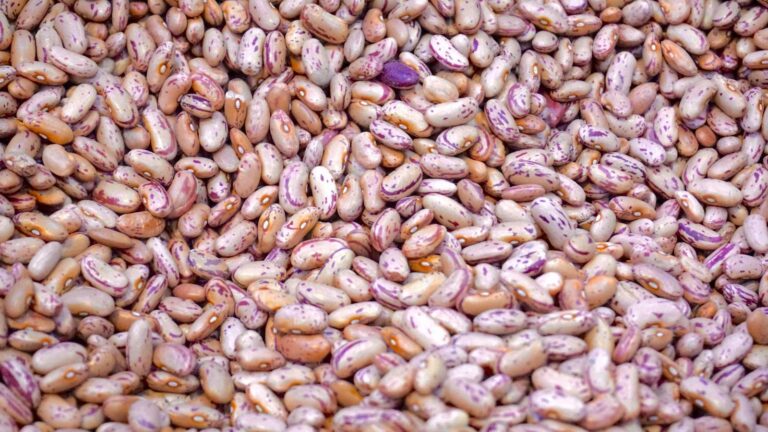Import
The What is fasting? It's not a question just for religious circles.
It is a question that also concerns modern nutrition, health, and spirituality.
Fasting has deep roots in cultures and religions, but today it is also evolving as a wellness tool.
In this article we will see What is fasting?, why it is applied, how it is done correctly and what benefits it can bring.
1. What is fasting?
Definition
Fasting is the awareness of abstinence from food or specific foods for a certain period of time.
It can be complete fasting (completely without food) or with restriction to one type of food.
Differences between religious and dietary fasting
Religious fasting is about spirit and habit (e.g. Christianity, Islam).
Nutritional/medical/intermittent fasting organizes eating for health and wellness reasons.
Fasting in religions
In Orthodoxy, long periods are observed (e.g. Lent).
In Islam, Ramadan mandates abstinence during daylight hours.
Buddhism has periods of abstinence from food after noon.
2. Types of fasting
Religious fasting
Like for Easter and Christmas — fish or oil are allowed depending on the day.
The purpose is spiritual purification and obedience.
Nutritional / Medical fasting
It concerns specific diets, usually aimed at detoxification or weight loss.
Intermittent fasting
Organizing meals in time intervals, e.g. 16 hours of fasting – 8 hours of eating.
It has a scientific basis for reducing inflammation and boosting metabolism.
Detoxification fasting
It involves restricting your intake of sugar or processed foods for a few days.
Fasting for weight loss
Relatively controlled intervention in calorie intake.
Fasting in a medical context
In chemotherapy treatment, it is applied carefully to improve effectiveness.
3. What does fasting involve in practice?
Foods in Christian fasting
Fish allowed on certain days.
Legumes, tahini, seafood, fruits and vegetables — all in a way.
Menu examples
Breakfast: oatmeal with tahini and honey
Lunch: lentil or vegetable soup
Dinner: salad with chickpeas, olive oil and lemon
Protein replacement
Legumes and seafood meet protein and iron needs.
Recipes
Hummus, lentil soup, legumes like green beans or chickpeas.
4. Health benefits of fasting
Detoxification
The body is renewed when it is not burdened by processed foods.
Cholesterol/triglyceride reduction
Limited fat intake has beneficial effects on the heart and blood vessels.
Metabolism boost
Regular fasting (intermittent) improves glucose control and insulin sensitivity.
Weight loss
Moderate calorie intake combined with a stable metabolism brings results.
Spirituality
Abstinence enhances concentration and self-discipline — activities like meditation help.
5. Fasting and modern lifestyle
Suitable for everyone?
Not recommended during pregnancy, diabetes, or if there is a history of eating disorders.
Management
Gradual introduction, stability and information from a specialist ensure balance and safety.
Contribution to sustainable nutrition
The plant-based nature of religious fasting fits with pro-environmental and sustainability views.
Frequently Asked Questions (FAQs)
What is fasting and why do we fast?
It is abstinence for purity of body and soul, for health and spiritual balance.
What do we eat during fasting with/without oil?
Plain and simple — legumes, seafood, vegetables, but no animal fats.
What foods are fasting foods?
Legumes, nuts, fruits, vegetables, olive oil, tahini.
Difference between fasting and detoxification?
Fasting combines nutritional and spiritual elements.
Detoxification is usually chemical cleansing.
Benefits of intermittent fasting?
Reduced inflammation, better sugar management, mental clarity.
Conclusion
THE fasting It is a multidimensional practice with cultural, religious and nutritional aspects.
When applied correctly, it can bring a lot to physical and mental health.
The key is balance and an approach with respect and knowledge.
If you're interested in trying it—give it time, listen to your body, and consult a specialist.
Fasting Products
-
 Royal Dates0.70€ – 7.00€
Royal Dates0.70€ – 7.00€ -
 Achiladelis Whole Milled Tahini from Limnos9.30€
Achiladelis Whole Milled Tahini from Limnos9.30€ -
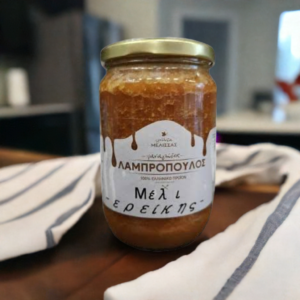 Heather Honey (Heather Honey)15.80€
Heather Honey (Heather Honey)15.80€ -
 Sumac1.00€ – 10.00€
Sumac1.00€ – 10.00€ -
 Homemade lemon jam4.60€
Homemade lemon jam4.60€ -
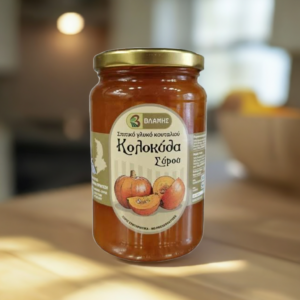 Homemade Pumpkin Spoon Dessert6.30€
Homemade Pumpkin Spoon Dessert6.30€ -
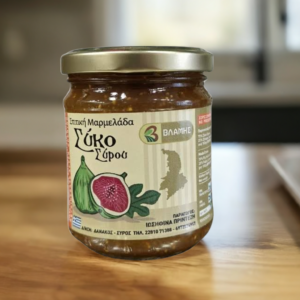 Homemade Fig Jam4.60€
Homemade Fig Jam4.60€ -
 Perek leaves large5.50€
Perek leaves large5.50€ -
 Sheets Perc5.70€
Sheets Perc5.70€ -
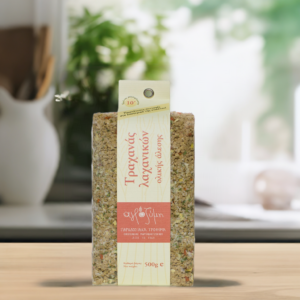 Wholemeal vegetable crunch3.80€
Wholemeal vegetable crunch3.80€ -
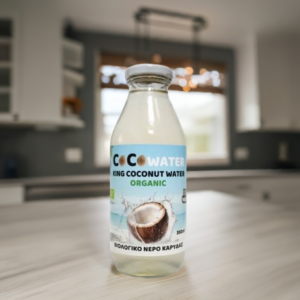 Organic Coconut Water2.50€Rated 5.00 out of 5 based on 1 customer rating
Organic Coconut Water2.50€Rated 5.00 out of 5 based on 1 customer rating -
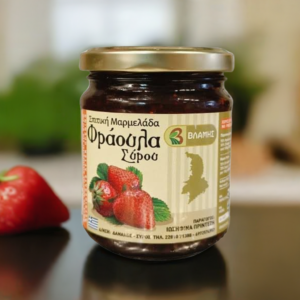 Homemade Strawberry Jam4.70€
Homemade Strawberry Jam4.70€

